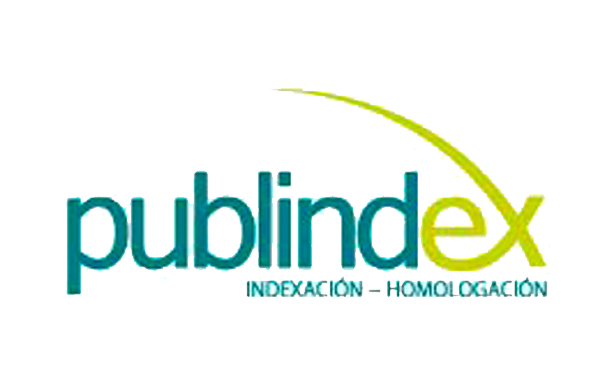Editorial
Abstract
En el marco de una época de cambios vale la pena hacer ciertas reflexiones que obligan frente a la responsabilidad histórica de un tiempo atravesado por las innovaciones que experimentan los procesos de divulgación de la información para la construcción de la sociedad del conocimiento. El contexto de las publicaciones académicas, al igual que el escenario actual de los lenguajes, las expresiones y las relaciones, se encuentra fuertemente condicionado por la era de la tecnología informacional, la cual, como sabemos, hace posible que los distintos conocimientos circulen y sean de fácil acceso para la comunidad académica mundial. Parafraseando a Manuel Castells, las tecnologías de la información y la comunicación involucran necesariamente la habilidad para desarrollar de manera distinta, prácticas ya instituidas a la base de la implementación de nuevos conocimientos. Se trata en efecto, del paradigma en que las sociedades contemporáneas se encuentran inmersas, determinando a su vez, la interacción entre las nuevas formas sociales y los modos de producción del conocimiento que se sitúan como modelo de desarrollo, cuyo fin inmediato es la divulgación de la información.Educability and normal. Imaginary of teachers in trainingAbstractThis article presents the results of the research “the Educability of the subject: an approach from the social imaginary of teachers under trainingâ€; whose purpose was to understand the dynamics of trainee teachers’ social imaginary about educability as a dimension of pedagogy. The reference for the study was based on the theory of social imaginary and its applications in educationThe approach and design has been developed leaning on the main functions of discourse analysis and its relations with the dimensions of the social imaginary; the data analysis was performed based on the social coordinates. The study shows that the dynamics of the social imaginary, that trainee teachers configure, is set from what is socially agreed and accepted as imaginary instituted, this with occasional hints of radical/instituting imaginary. In this sense, it gathers the normalization in educational institutions, but then again it gathers projects and psychosomatic demonstrations, some of which are seen as an option for social realization. Therefore, the processes of education and teacher training, are composed, primarily, by practical knowledge and permeated by disciplinary and pedagogical knowledge, curriculum and teaching, but at the same time, crossed by the everyday symbolic and cultural baggage that trainee teacher brings along.Keywords:UNESCO Thesaurus: Teacher training, higher education, control, Researchers, Educability, social imaginary, complementarityDownloads
Download data is not yet available.
Published
2014-12-11
How to Cite
Vélez Medina, B. (2014). Editorial. Sophia, 10(2), 167-168. Retrieved from https://revistas.ugca.edu.co/index.php/sophia/article/view/250
Section
Editorial
Creative Commosn Licence 4.0








